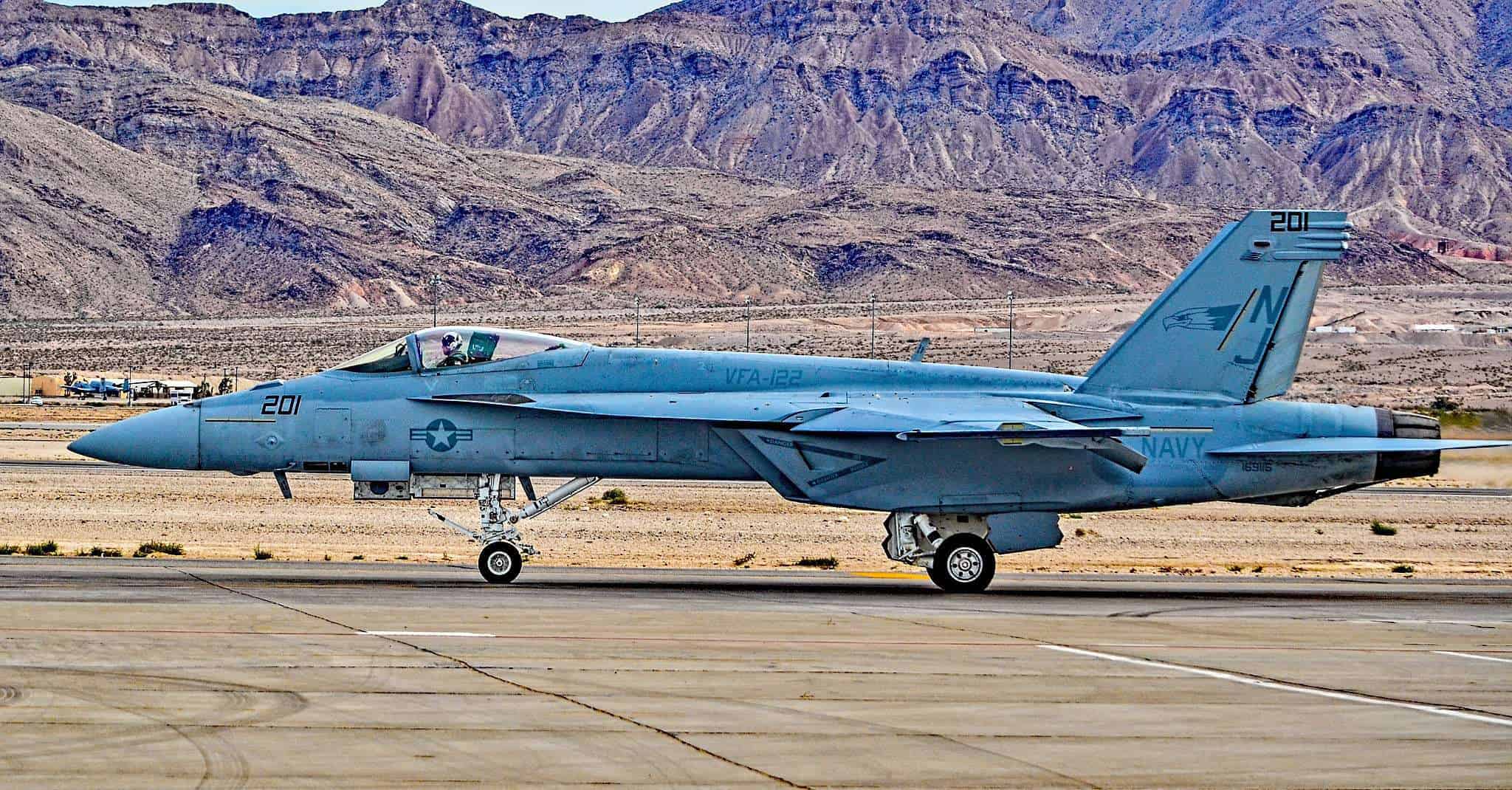
Prime Minister Justin Trudeau's government promised in the last election not to buy Lockheed Martin's F-35 when it came time to replace Canada's entire 1980s-vintage CF-18 fleet. "We may have to increase production rate, but that is very doable." U.S. "We think we can build all of those airplanes in time to meet the customer demands," said Gillan. Boeing currently produces two Super Hornets a month. (Murray Brewster/CBC)ĭan Gillian, Boeing's vice-president of the F-18 programs, said the company is looking at how production of Canadian jets can be slotted alongside existing orders from the U.S. Naval Air Station Oceana at Virginia Beach to see U.S. Pentagon within the next few weeks.ĬBC News was granted access to U.S. administration.Ī final agreement, which requires congressional approval, will take about a year to negotiate, but CBC News has learned the Liberal government has already signalled it would like to see the first aircraft arrive in 2019, which would coincide with the next election.Ī Boeing official, when asked, confirmed both the timeline and anticipated delivery date, and said the company is currently waiting for formal, written notice - known as a letter of request - from the Canadian government, which will be submitted to the U.S. There are questions about what kind of deal Canada will get on the Super Hornets, especially with the new U.S. The decision to buy 18 warplanes in a sole-source deal, originally announced last fall, is meant to address what the Liberal government describes as an urgent "capability gap."īut it also lands Canada squarely in the middle of the Trump administration's showdown over the future of the Super Hornet's rival, the oft-maligned F-35. During that visit, Boeing officials confirmed Canada has begun talks with the Pentagon to buy the planes. navy's principal air base where the fighters operate and train.

manufacturer of the Super Hornet, and to the U.S. congressional budget information.ĬBC News was granted rare, extraordinary access to officials and facilities belonging to Boeing, the U.S. The figures are only preliminary, but they are backed up by U.S.

The measure, intended as a stopgap solution to ease pressure on the air force's aging fleet of CF-18s, could cost taxpayers between $5 billion and $7 billion over the lifetime of the aircraft, according to data circulating within the Department of National Defence and shared with CBC News by sources who insisted upon anonymity. The Trudeau government has begun talks with Washington about the sole-source purchase of up to 18 Super Hornet jet fighters.


 0 kommentar(er)
0 kommentar(er)
